Bypass Internet Censorship: Key Methods for Accessing Restricted Content

Urfa Sarmad
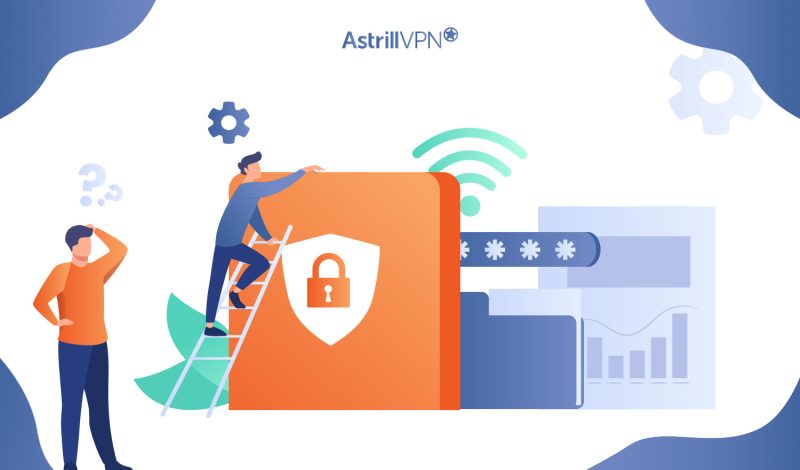
Internet censorship has become a prevalent issue in today’s digital age, with governments, organizations, and even ISPs implementing measures to control and restrict access to online content. The ability to freely access information and express opinions online is fundamental to a democratic society, making internet freedom and bypassing censorship crucial for maintaining an open and inclusive digital landscape.
In this blog, we will explore the techniques and tools to help individuals bypass internet censorship and regain their right to access information.
Table of Contents
How to Bypass Internet Censorship with a VPN
One effective method to bypass internet censorship and access blocked websites is a Virtual Private Network (VPN). A VPN encrypts your internet traffic and routes it through a secure vpn server in a different geographic location.
This allows you to bypass website blocks and internet filters imposed by your local network or government. Here’s how you can use AstrilVPN to bypass internet censorship:
- Subscribe to AstrillVPN and download the VPN app.
- Install the VPN app and open it.
- Log in to the app using your credentials.
- Select a server from the list of servers.
- Turn on your connection and bypass website block or any other censorship easily.
How to Bypass Internet Restrictions Through Other Tools
In addition to using AstrillVPN, there are alternative methods that can help you bypass internet restrictions and access blocked websites. Here are a few other techniques you can consider:
Proxy Servers
Proxy servers act as intermediaries between your device and the internet. When you use a proxy server, your internet requests are forwarded through the server before reaching the desired website. This allows you to bypass internet blockers and access restricted content.
Proxy servers can be categorized into different types, including web proxies, SOCKS proxies, and transparent proxies. By configuring your browser or system settings to use a proxy server, you can route your internet traffic through it, effectively bypassing restrictions.
Tor (The Onion Router)
Tor, also known as The Onion Router, is a decentralized network that anonymizes internet traffic by routing it through multiple volunteer-operated servers worldwide. When you use Tor, your internet traffic is encrypted and passed through a series of relays, making it difficult to trace back to your original IP address.
Tor can help you bypass internet filter restrictions by masking your identity and allowing you to access blocked websites. It’s important to note that while Tor provides anonymity, browsing speeds may be slower due to the multiple relays involved in the routing process.
Use SSH Tunneling
SSH tunneling transmits data between two networked devices through an encrypted SSH (Secure Shell) connection. It enables you to create a secure channel between a local client and a remote server, which allows data to be transmitted securely. SSH is a critical yet underrated protocol for bypassing censorship. Not only is it costly to block this protocol, but it is also time-consuming, and it takes up a lot of resources to block SSH since there aren’t many people using it to evade censorship.
SSH tunneling enables you to transmit data safely and securely between two devices, as it creates a secure and encrypted connection between a computer and a remote server, allowing traffic to get sent through an encrypted tunnel. Dynamic Port Forwarding, which is a type of SSH tunneling, is ideal for bypassing internet censorship as it creates a dynamic SOCKS proxy, which forwards traffic through the SSH tunnel to the remote server and out to the internet and is particularly useful when securely brows
Set Up a Custom DNS Server
Another way to bypass internet censorship is to set up a custom DNS server. DNS servers can be used to enforce censorship by blocking access to websites and diverting you towards alternatives. If you are using your ISP’s DNS server, then your ISP can easily track the websites you’re visiting. Setting up a custom DNS server is the best action to avoid ISP surveillance and DNS spoofing.
With a custom DNS server, you have complete control over DNS resolution for your network. You can customize the DNS settings and implement access control policies according to your needs and preferences. You can also bypass DNS-based censorship by resolving the domain names independently.
Running your own custom DNS server also gives you more privacy control over DNS queries that originate from your network. You can log or not log DNS queries and avoid sending DNS queries to third-party DNS providers. Custom DNS servers also offer enhanced security since they filter malicious domains and block access to phishing sites.
Use Browser Extensions
There are various browser extensions that you can start using to bypass censored content. Some of these extensions include Bypass Censorship, which you can find on the Chrome Web Store. Other extensions include the Runet Censorship Bypass, which is available to use on Firefox. The Opera browser also has a browser extension called the Censor Tracker. This extension also allows you to bypass heavy internet censorship and DPI (Deep Packet Inspection) blocking. It also allows you to stay anonymous with fast and safe proxies.
DNSCrypt
DNSCrypt is a protocol that encrypts DNS traffic, providing an additional layer of security and privacy. By using DNSCrypt, you can bypass DNS filtering and access websites bypassing restrictions. This protocol encrypts your DNS queries, preventing third parties from monitoring or tampering with your requests.
To use DNSCrypt, you need to install DNSCrypt software or use DNSCrypt-enabled DNS resolvers that support the protocol. By incorporating DNSCrypt into your browsing experience, you can enhance your ability to bypass internet restrictions and gain access to blocked websites.
Psiphon
siphon is a free censorship circumvention tool that helps users bypass internet blocks and access blocked websites. It uses a combination of VPN, SSH, and HTTP proxy technologies to provide users unrestricted internet access.
Psiphon’s network of servers and protocols enables users to bypass censorship and access content that may be restricted in their region. The Psiphon software is available for various platforms, including Windows, Android, and iOS.
Why is the Internet Censored?
The reasons for internet censorship vary depending on the country, government policies, and socio-political factors. Here are some common motivations behind internet censorship:
Political Control
Governments may censor online content to suppress dissenting voices, control political narratives, and maintain their hold on power. Censorship can be particularly prevalent during political unrest, elections, or social movements.
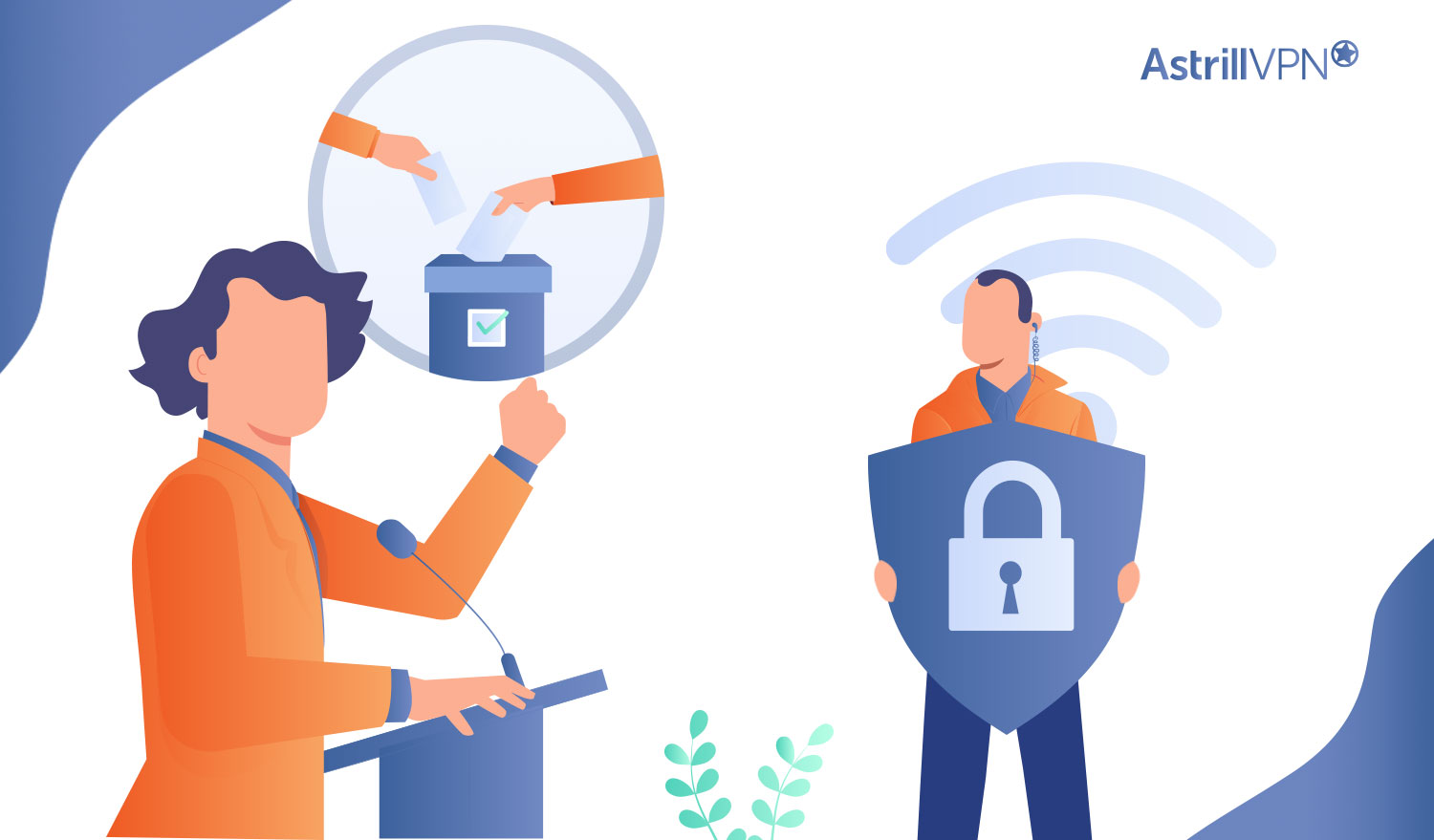
Protecting National Security
Censorship measures can be justified as necessary for safeguarding national security interests. Governments may restrict access to certain websites or platforms that they perceive as threats to national security, such as terrorist propaganda, extremist content, or materials related to cybercrime.
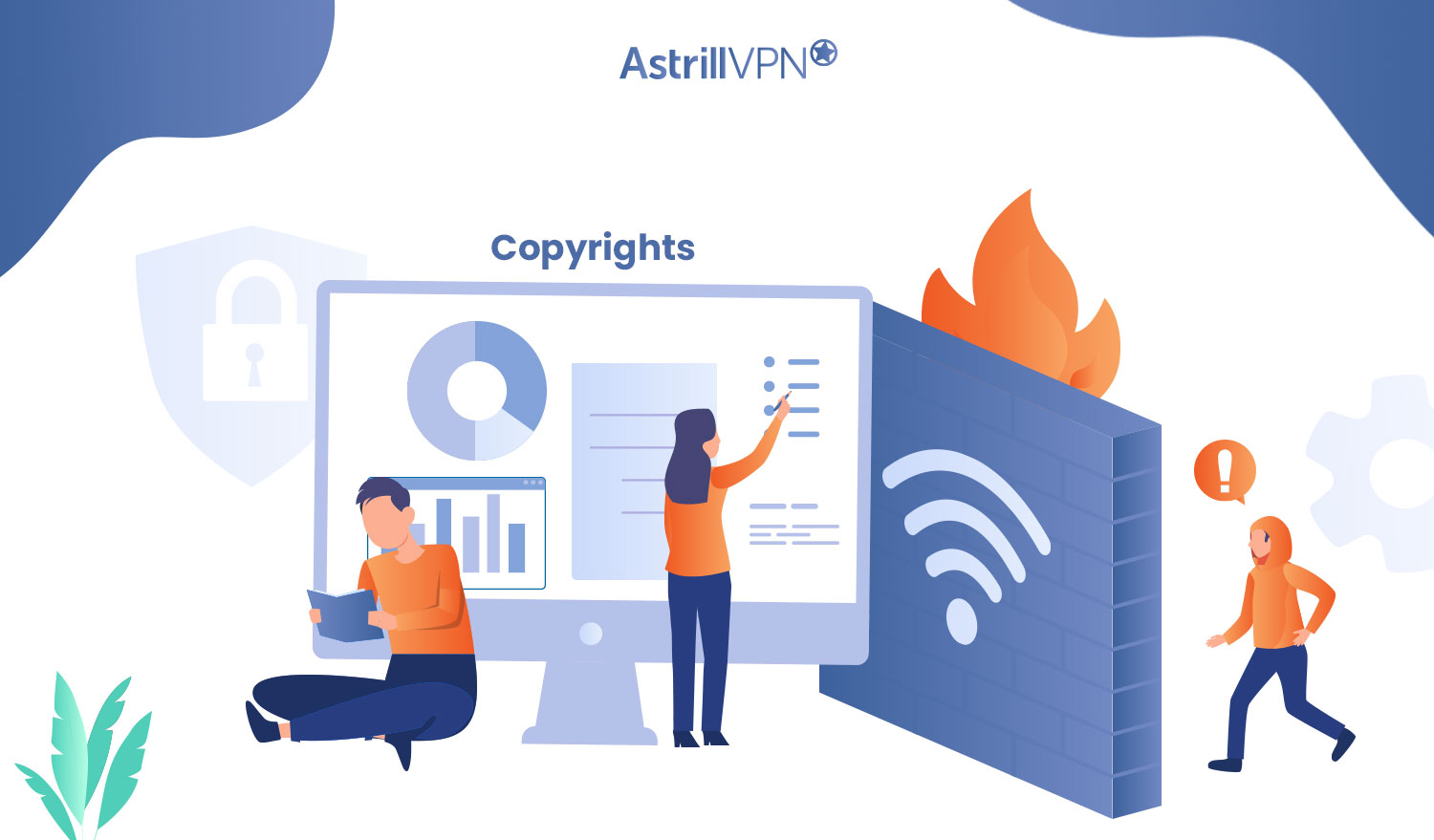
Social and Cultural Values
Censorship can be driven by the desire to uphold social or cultural norms. Content deemed offensive, obscene, or morally objectionable may be subject to censorship to maintain societal harmony or protect cultural heritage.
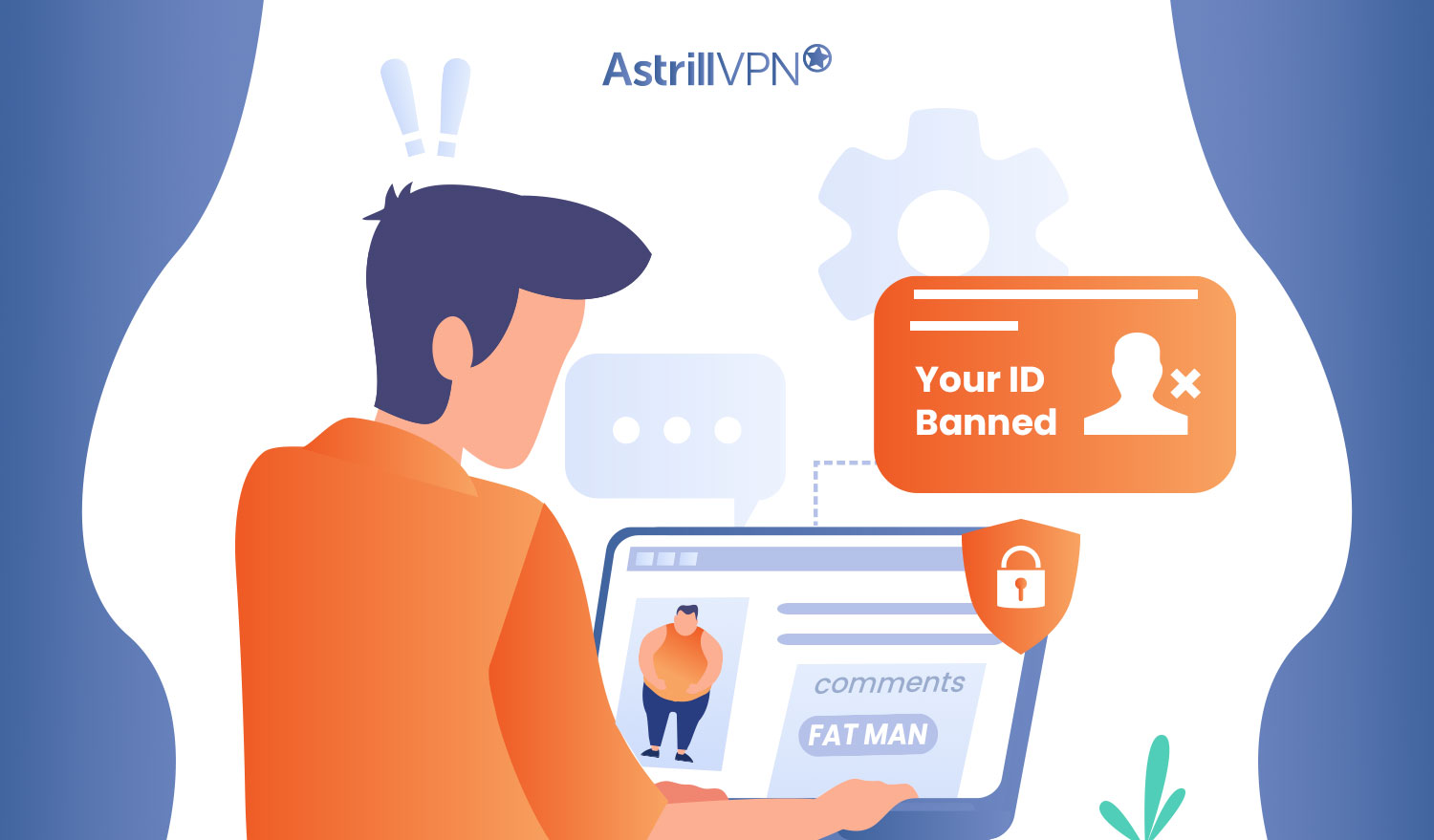
Protecting Intellectual Property
Some countries enforce internet censorship to combat copyright infringement and protect intellectual property rights. Websites or platforms facilitating unauthorized sharing of copyrighted material may be blocked or restricted.
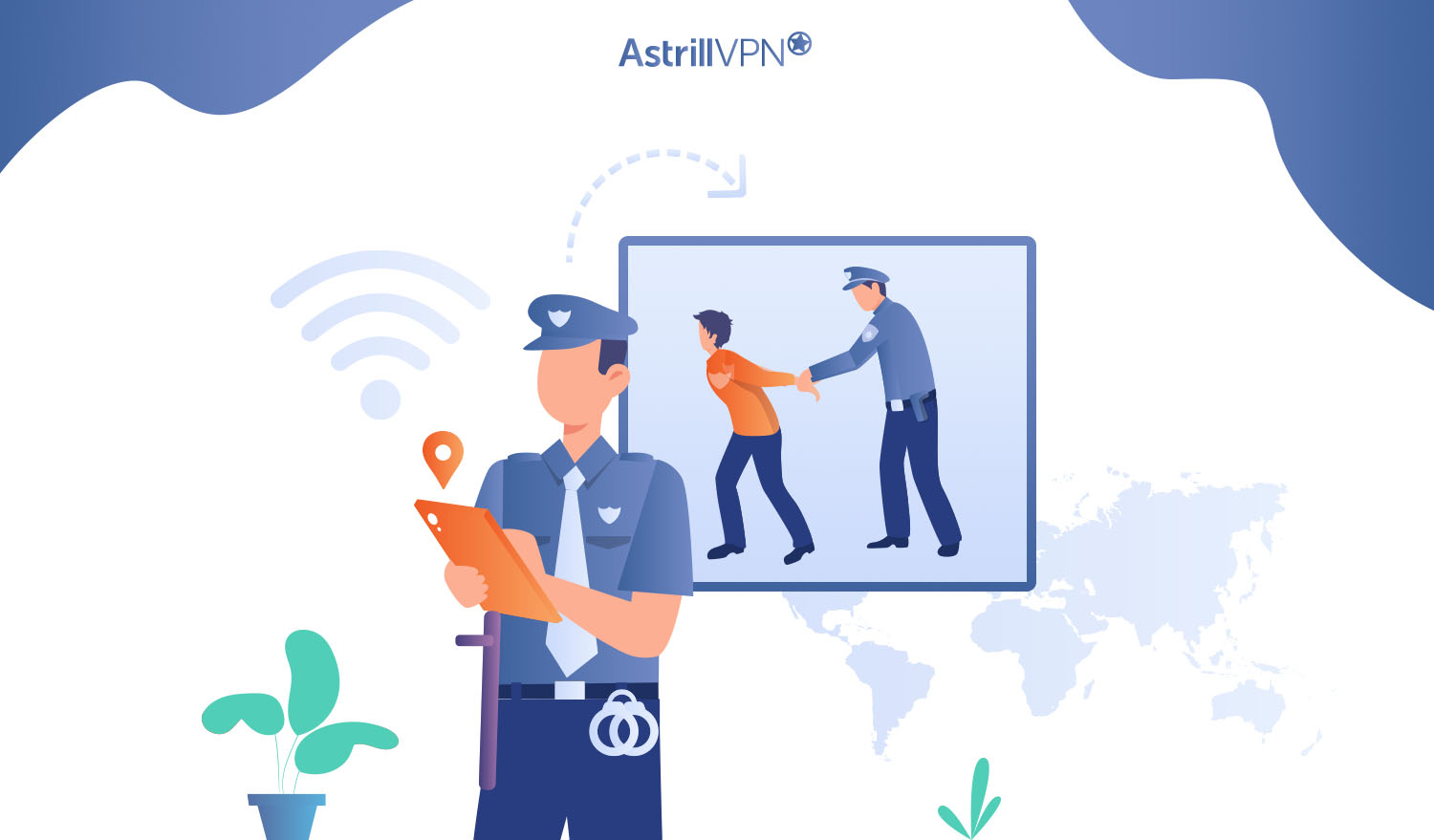
Combating Cybercrime
Censorship measures can also curb online criminal activities like hacking, identity theft, or spreading malware. Governments may implement filtering or blocking mechanisms to prevent users from accessing malicious websites or engaging in illegal online activities.
Importance of Internet Freedom and Access to Information
Internet freedom and unrestricted access to information are fundamental pillars of a democratic society. They play a vital role in shaping individuals, communities, and nations by fostering knowledge, empowerment, and innovation.
According to a press release by Freedom House in October 2022, “global internet freedom declined for the 12th consecutive year.” The report reveals that a record number of national governments are blocking websites with nonviolent political, social, or religious content, which undermines the rights to free expression and access to information. Most of these blocks specifically target information sources outside their own countries.
Another report by Dataprot claims that North Korea is the most censored country in the world. According to a report, internet access is primarily limited to those in positions of power or with close ties to the political elite. The general population has limited access to the internet. In certain schools and institutions, a restricted version of the internet known as Kwangmyong is utilized, which is tightly controlled and regulated.
Here’s a more detailed exploration of the significance of Internet freedom and access to information:
1. Freedom of Expression and Speech
The internet is a powerful platform for individuals to exercise their freedom of expression and speech. It enables people to share diverse opinions, engage in open discussions, and participate in public discourse without fear of censorship or reprisal. Societies encourage creativity, critical thinking, and exchanging ideas by protecting this freedom.
2. Access to Knowledge and Education
The internet is an immense repository of information, providing access to educational resources, research materials, and learning opportunities. Unrestricted access to information empowers individuals to enhance their skills, expand their knowledge, and pursue personal and professional growth.
It enables lifelong learning, bridges educational gaps, and empowers disadvantaged communities to overcome barriers to education.
3. Empowerment and Participation
Internet freedom empowers individuals to participate in civic activities and public life actively. It allows citizens to voice their concerns, engage in political discussions, and hold authorities accountable.
People can raise awareness, mobilize support, and effect meaningful change in their communities through social media platforms, online petitions, and digital activism. Internet freedom empowers marginalized groups, amplifies their voices, and promotes social inclusion.
4. Economic Opportunities and Innovation
The Internet has revolutionized the global economy by creating new avenues for entrepreneurship, innovation, and economic growth. Internet freedom enables individuals and businesses to harness the power of digital platforms, reach global markets, and connect with customers worldwide.
It fosters e-commerce, facilitates startups, and nurtures a culture of innovation. By removing barriers to entry, internet freedom promotes fair competition, job creation, and economic prosperity.
5. Human Rights and Democracy
Internet freedom is closely intertwined with protecting human rights and democratic principles. It enables citizens to access unbiased news, independent journalism, and diverse sources of information. By promoting transparency and accountability, it strengthens democratic processes and institutions.
Internet freedom is vital for exposing human rights abuses, advocating for social justice, and challenging oppressive regimes. It facilitates the organization of peaceful protests, the dissemination of information, and the protection of civil liberties.
6. Cultural Exchange and Global Understanding
The internet transcends geographical boundaries, allowing people from different cultures and backgrounds to connect and engage in cultural exchange. Internet freedom fosters cross-cultural understanding, appreciation, and tolerance.
It facilitates the dissemination of cultural heritage, artistic expressions, and diverse perspectives, enriching global discourse and promoting a sense of shared humanity.
7. Personal Privacy and Data Protection
Internet freedom includes the right to online privacy and the protection of personal data. It ensures that individuals control their online identities, digital footprints, and private communications. Internet users should be able to safeguard their personal information, maintain confidentiality, and be free from unwarranted surveillance or data exploitation.
Types of Internet Censorship
Internet censorship can take various forms designed to control or restrict access to specific online content. Here are some common types of internet censorship:
1. Website Blocking
This form of censorship involves blocking access to specific websites or domains. Governments or authorities may restrict access to websites that are critical of the regime, promote dissent, or contain objectionable content according to their guidelines.
2. Content Filtering
Content filtering refers to the selective blocking or filtering of certain types of content. It can be based on violence, pornography, hate speech, or political dissent. Filters are often applied to search engine results, social media platforms, or other online platforms to limit users’ exposure to particular content.
3. Keyword Filtering
Keyword filtering involves monitoring and blocking internet content based on specific keywords or phrases. Authorities create lists of keywords associated with sensitive topics, political dissent, or objectionable content. Automated systems scan the content of websites, search engine queries, or online communications for these keywords and take action accordingly.
Keyword filtering can be particularly challenging to implement effectively, requiring sophisticated algorithms and extensive monitoring capabilities. However, it can effectively target specific types of content or suppress discussions on sensitive issues.
4. DNS Filtering and Blocking
DNS filtering and blocking are techniques used to prevent users from accessing specific websites by manipulating the Domain Name System (DNS). DNS filtering involves altering the DNS responses to redirect users away from blocked websites. On the other hand, DNS blocking completely blocks access to specific websites by not resolving their domain names.
5. IP Address Blocking
IP address blocking is a method used to prevent users from accessing specific websites or online services by blocking their associated IP addresses. Each website or online service has an IP address assigned to it.
By adding the IP addresses of targeted websites to a blacklist, network administrators can prevent users within their network from establishing connections with those sites.
IP address blocking can be implemented at various levels, such as national firewalls or local network routers. However, IP address blocking can sometimes result in collateral damage, as multiple websites or services might share the same IP address due to shared hosting or content distribution networks (CDNs).
6. Deep Packet Inspection (DPI)
Deep Packet Inspection (DPI) is a technique that involves inspecting the contents of data packets as they pass through a network. It allows authorities or network administrators to analyze the payload of the packets in real time. DPI can identify the protocols, applications, or even specific types of content being transmitted.
Using DPI, authorities can selectively block or throttle certain types of content or applications. For example, they can identify and block traffic associated with virtual private networks (VPNs) or identify specific keywords or patterns that trigger content filtering or censorship rules.
7. URL Filtering
URL filtering is the process of blocking or restricting access to websites based on their URLs. Authorities can maintain a list of prohibited URLs or use automated systems to identify and block websites containing specific keywords or patterns in their URLs.
Additional Tips and Considerations while Bypassing Censorship
It’s important to consider a few additional tips and factors when attempting to bypass internet blocking and censorship. Here are some key considerations to keep in mind:
1. Stay Informed about Internet Blocks
Stay updated on the latest information regarding your region’s internet block and censorship measures. Awareness of specific websites or content that may be blocked can help you plan and employ effective strategies for bypassing censorship.
2. Use Multiple Bypass Techniques
Combining different bypass techniques can increase your chances of successfully circumventing internet blocks. For example, you can use a VPN, a proxy server, or DNSCrypt to enhance further your ability to access blocked websites.
3. Test Different VPN Servers and Proxy Servers
If you encounter difficulties accessing certain websites or services using a particular VPN server or proxy server, try connecting to alternative servers. Different servers may have varying levels of effectiveness in bypassing internet blockers, so experimentation can be beneficial.
4. Opt for Obfuscated VPN Protocols
Some VPN providers offer obfuscated or stealth VPN protocols to bypass deep packet inspection (DPI) and other censorship techniques. These protocols disguise VPN traffic as regular internet traffic, making it harder for internet-blocking systems to detect and block it.
5. Utilize Mobile Hotspots
If specific ISPs or networks implement internet blocks, consider using a mobile hotspot or connecting to a different network to bypass blocked websites. Mobile data networks may provide an alternative means of accessing blocked websites when traditional connections are restricted.
6. Maintain Online Security
While bypassing internet blocks, it’s crucial to prioritize your online security. Ensure that the bypass techniques you employ, such as VPNs or proxy servers, offer secure encryption and privacy features. Use reputable and trusted services to mitigate the risk of data interception or compromised security.
7. Respect Local Laws and Regulations
While you strive to bypass internet blocks, remaining aware of and respecting the local laws and regulations surrounding internet usage is important. Some countries have strict regulations governing the circumvention of internet censorship, and non-compliance can lead to legal consequences. Familiarize yourself with the legal landscape of your region and exercise caution accordingly.
Conclusion
Internet censorship poses significant challenges to internet freedom and the unrestricted access to information crucial for a democratic society. The techniques and tools used to bypass internet censorship allow individuals to regain their online freedom and challenge the restrictions imposed by governments and other entities.
FAQs
What is Online Censorship?
Online censorship refers to controlling, restricting, or suppressing access to information, communication, or certain online content. It involves deliberate actions by governments, organizations, or authorities to limit the availability or spread of specific information on the internet.
Online censorship can take various forms, including blocking websites, filtering content, monitoring online activities, and manipulating search results.
Censorship measures are often implemented to control the flow of information, shape public opinion, protect national security, or maintain social or political stability. However, the extent and severity of online censorship can vary significantly across countries and regions, ranging from mild restrictions to extensive censorship regimes.
How authorities implement censorship?
Internet censorship involves various techniques and methods employed by governments, organizations, or ISPs to control and restrict access to online content. These techniques can include DNS filtering and blocking, IP address blocking, deep packet inspection (DPI), URL filtering, and keyword filtering.
Reasons why internet censorship exists?
Governments and organizations impose internet censorship for a variety of reasons. These may include maintaining social or political control, suppressing dissenting voices, protecting national security, preventing the spread of harmful or illegal content, or regulating access to specific information that is considered sensitive or inappropriate according to their policies or ideologies.
Is it legal to bypass internet censorship?
The legality of bypassing internet censorship varies depending on the jurisdiction. In some countries, circumventing internet censorship is explicitly illegal and can result in severe penalties. However, in other regions, there may be no specific laws addressing the act of bypassing internet censorship.
Do proxy servers bypass internet censorship?
Yes, proxy servers can be used as a means to bypass internet censorship. By routing your internet traffic through a proxy server, you can conceal your true IP address, and access blocked websites or services.
How effective are VPNs in bypassing internet censorship?
VPNs are widely recognized as highly effective tools for bypassing internet censorship. VPNs encrypt your internet traffic and route it through secure servers located in different geographic locations, effectively masking your online activities.

No comments were posted yet